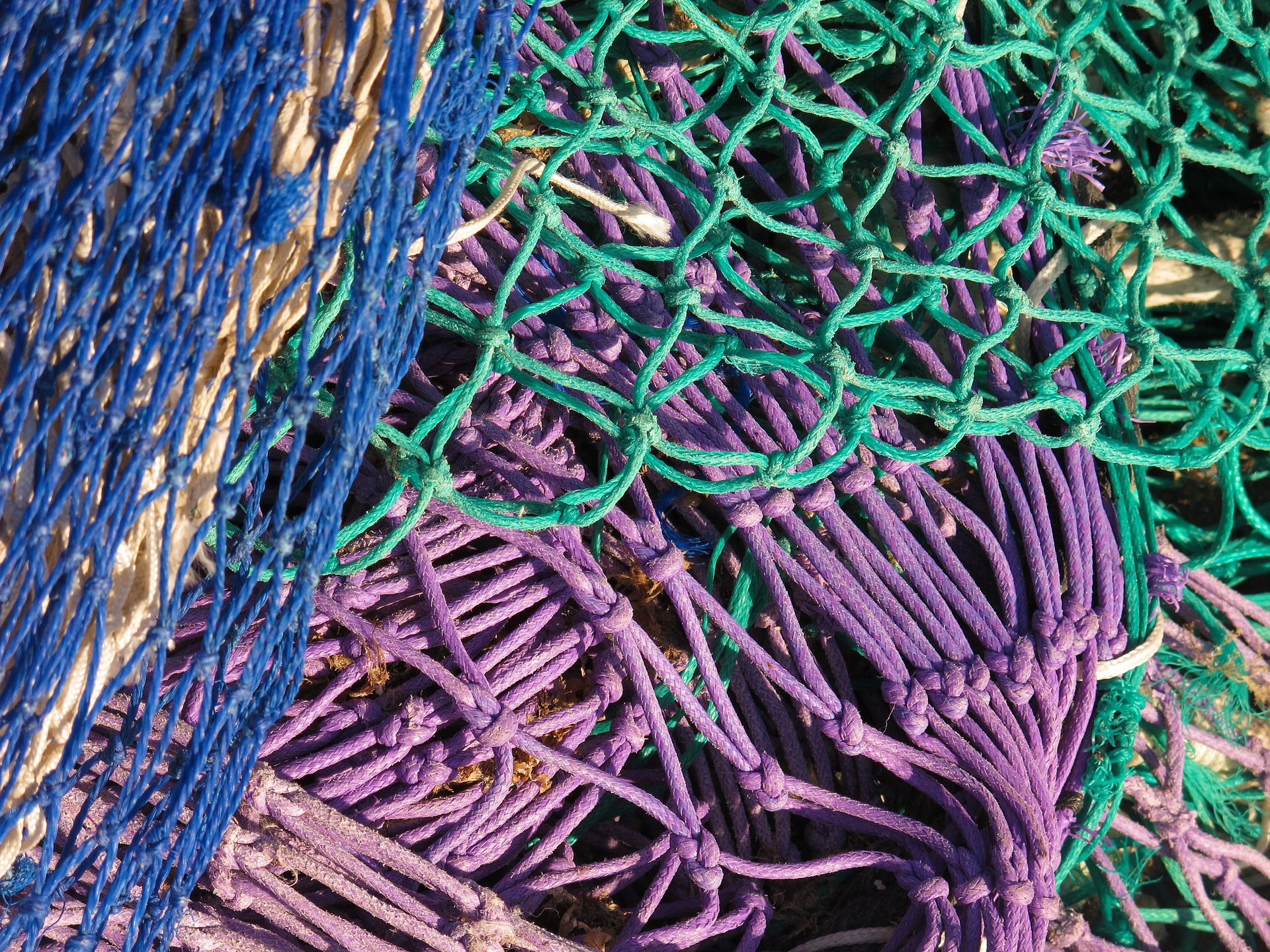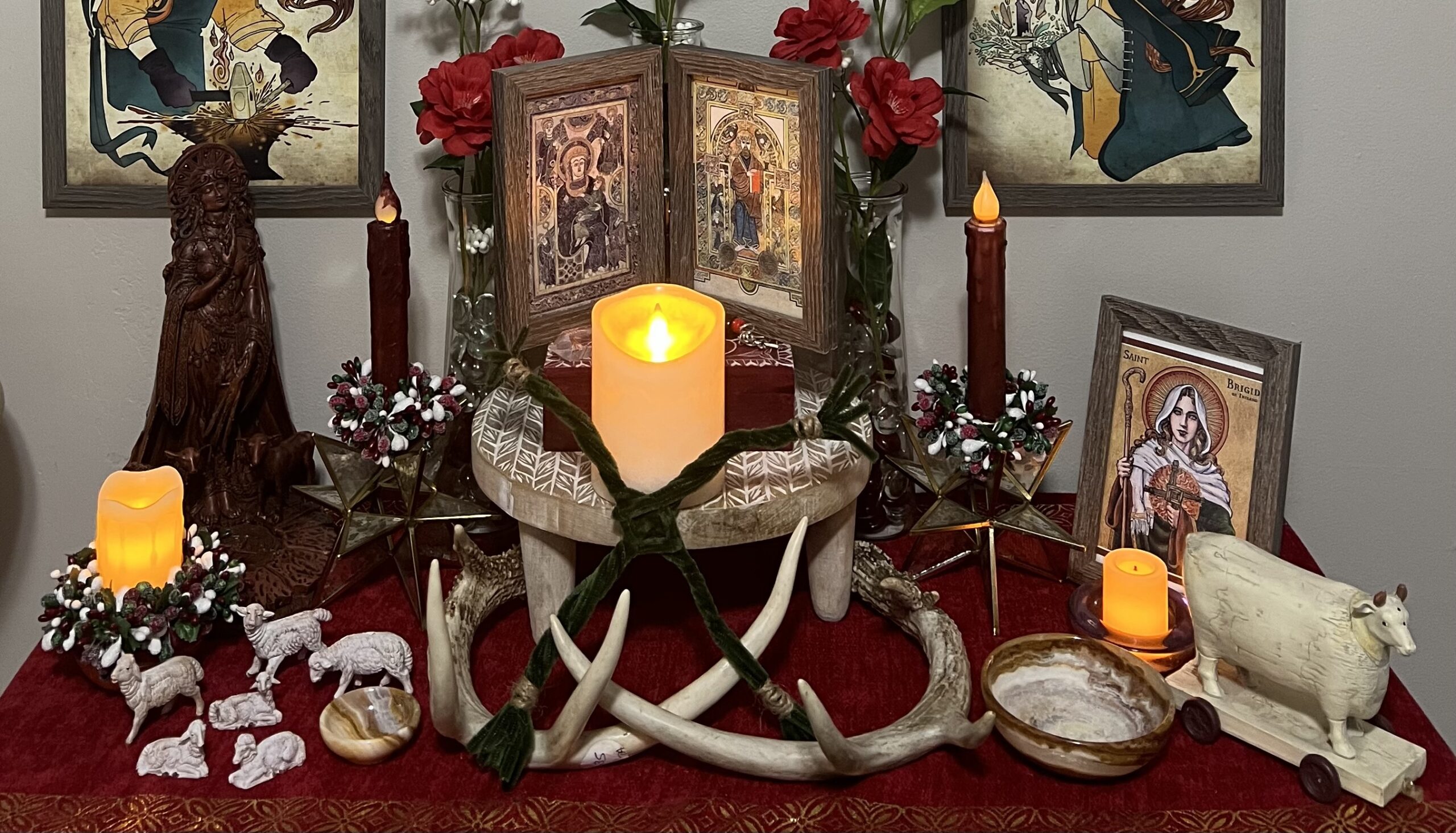
fish
-
Fasting in the Wilderness
Fasting is one of the traditional Lenten practices. We often thinks of fasting in terms of food, but we fast in many different ways. Let’s think beyond food.
Popular Posts
Circle Us, O God
Caim Prayers for Current Days
A caim prayer is an ancient Celtic prayer form asking for protection. They are a group of petitions made while the petitioner traces a circle around the object of the prayers. This is a series of caim prayers I composed in response to current events.- Daily Prayer – All SaintsApproach and Invocation Brothers and sisters, + our help is… Read more: Daily Prayer – All Saints
Lammas, the Feast of Bread
A Reflection on the Grain Harvest
Happy Lughnasadh, y’all! Also called “Lammas,” this is the feast… Read more: <span style='margin-bottom:0; font-size:4.5rem; font-weight:400;'><h1>Lammas, the Feast of Bread</h1></span><span style= 'margin-top:0; font-style:thin;font-weight:100;'><h3>A Reflection on the Grain Harvest</h3></span>
Archives
- March 2025 (1)
- February 2025 (1)
- August 2024 (1)
- March 2024 (2)
- February 2024 (2)
- December 2023 (1)
- March 2023 (1)
- February 2023 (3)
- December 2022 (5)
- November 2022 (1)
- October 2022 (1)
- July 2022 (2)
- April 2022 (2)
- January 2022 (6)
- November 2021 (1)
- June 2021 (2)
- April 2021 (2)
- September 2020 (2)
- August 2020 (1)
- May 2020 (1)
- April 2020 (1)
- June 2018 (1)
- June 2017 (1)
- March 2017 (2)
- February 2017 (1)
- January 2017 (1)
- November 2016 (1)
- October 2016 (1)
- September 2016 (1)
- July 2016 (4)
Tags
2022 Advent Alban Hefin Christian Christo-Druid COViD-19 current events Daily Office Daily Prayer Daily Word Divination Druidry Election elementals elements Four Directions harvest Healing Jesus justice Lent Liturgy of the Hours Love lughnasadh Major Arcana Morning music New Year Pagan Practice prayer privacy reconciliation Reflections ritual sabbats sacrifice Spirituality Summer Solstice tarot Unseasonable Weather Welcome Wheel of the Year wilderness Year Spread









